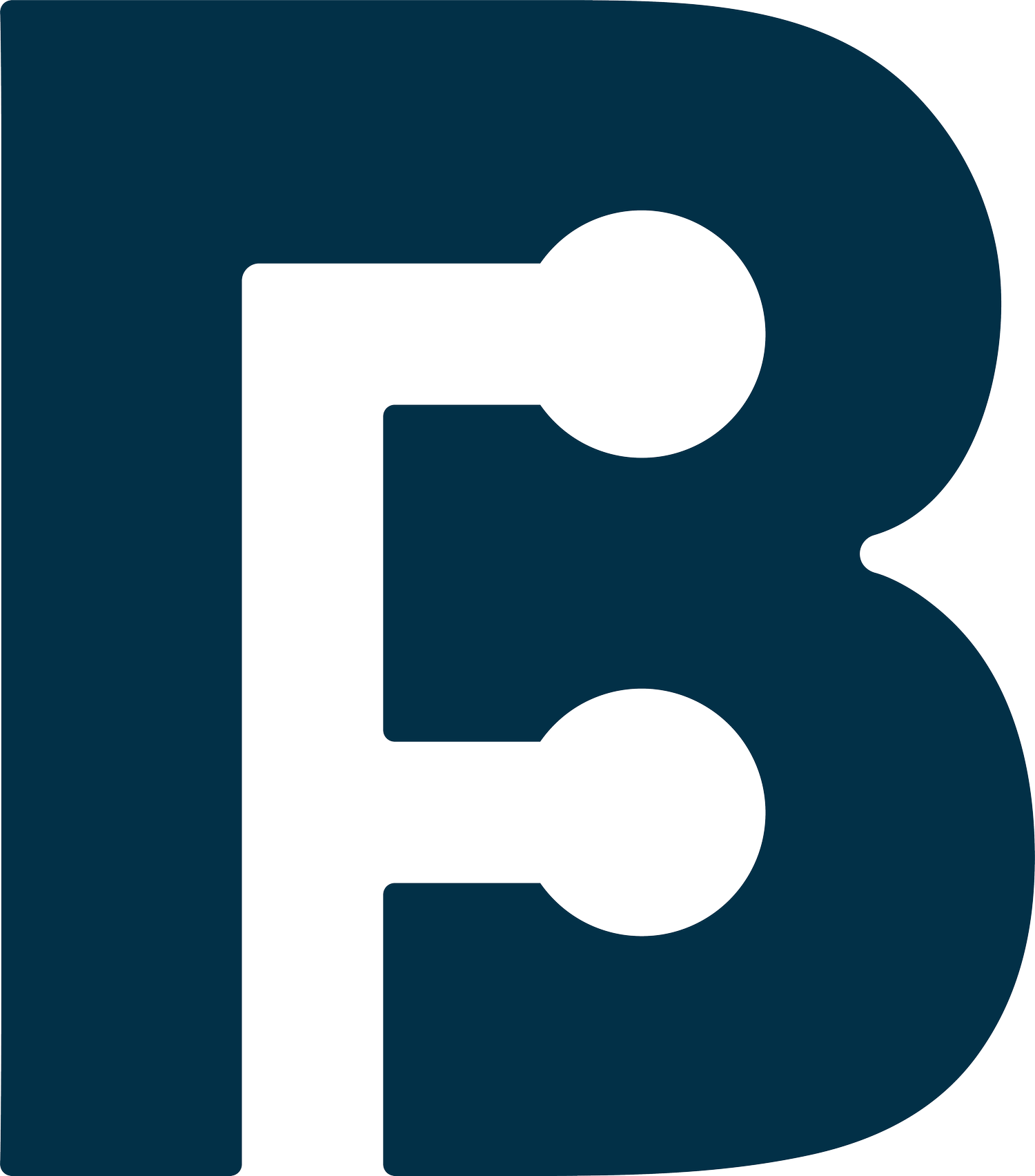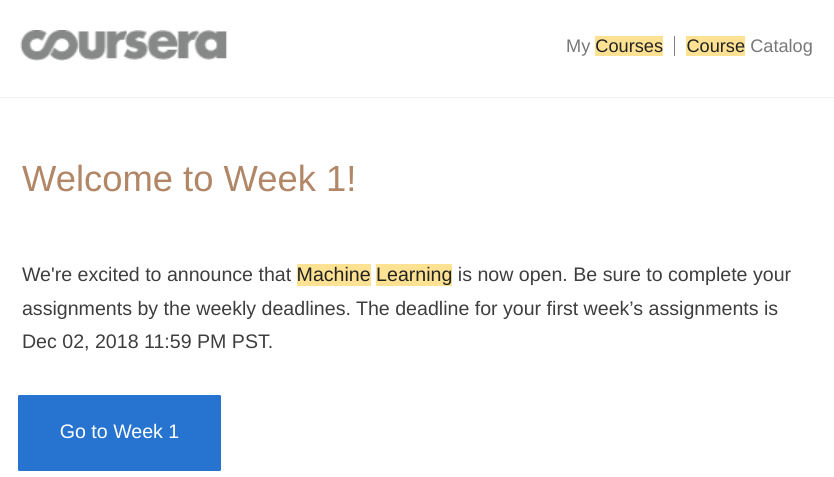Path of The Clinician Engineer
I've spent the vast majority of my career training to become a pharmacist, and subsequently, an informaticist. However, in the last 6 years - especially the last 2 - my curiosities have led me down very different, technical paths that bridge the healthcare and technology industries. During this time, I've also struggled to put into words what exactly I was training to become, but also, what I wish I would have done differently knowing what I know now.
In this article, I'd like to very briefly explore my current, and very rudimentary, ideation of what I'd like OpenClinTech to become: the central hub for training clinicians that want to be at the forefront of developing technology solutions that solve complex healthcare problems. The Clinician Engineer.
If I could do it again
The inspiration for this article has been on my mind for a very long time. In short, it's a snippet of what I wish I would have done differently if I knew what I knew now. Also, I don't intend for this article to become the primary medium for elaborating on this in too much detail because I'd like to socialize this idea as a YouTube video in the coming weeks. This article will simply serve as the primer.
To elaborate....
The arduous coursework from Stanford University School of Medicine's Biomedical Informatics Graduate Program, which recently changed its name to Biomedical Data Science, is still deeply seared into my head as I recount the 30-40 hour weeks I spent learning the material from 2022 - 2023. I'm sure my full-time job also added a bit of stress too. Further, I still vividly recount my frustration with Andrew Ng's Machine Learning Specialization course on Coursera I took back in 2018. Through both of these experiences, what became quite apparent was that I just wasn't ready. The former did, however, make me more deeply interested in furthering my technical skills, but the latter made me completely quit. Motivation can only go so far when a goal is so lofty that it seems impossible. Thus, to prevent others from repeating my mistakes, I began to ponder what my path would have looked like if I were to repeat the last few years.
My First Week of Machine Learning in 2018
Start with the Fundamentals
I feel like this might be quite obvious, but I'd encourage folks venturing down this clinician engineer route to start with your fundamentals. There were plenty of recommended prerequisites mentioned in both the machine learning specialization and the biomedical informatics courses I mentioned earlier, but I opted to proceed anyways since I had what I thought were decent quantitative skills.
Well, no. I didn't.
I think life would have been much easier if I would have started with at least one of the highly recommended intro to computer science (CS) courses from Stanford University , Massachusetts Institute of Technology, or Harvard University listed below:
I'll expand on this in my future YouTube video, but I'd certainly suggest taking at least one, if not all, of them to kick off your journey.
From Individuals to Populations
Although not purely "technical", but still quite quantitatively challenging, shifting my perspective from direct patient care environments where the focus was on individual patients to enacting large-scale change to entire populations, public health frameworks really helped me zoom out on how I approach tackling complex problems. I won't elaborate too much here since I have a series of videos about my experience: My MPH Journey from 2018 - 2020. The lessons I learned from that program fundamentally shifted how I designed and approached informatics problems during my time as an informatics pharmacist at Mayo Clinic. It probably helped that I spent 25% of my program (20 credits) taking biomedical informatics courses too.
I'm not sure where best to place this in terms of sequencing, but I certainly think it should appear somewhere in your professional journey.
Explore Data Science / Artificial Intelligence
From there, I think you can begin exploring some of the more technical areas like data science a bit more. This can happen sooner, if not concurrently, if you desire, but just be cautious as I think it's easy to run towards this as the shiny new thing and get frustrated if it gets too challenging. The sweet spot here is probably finding a clinical area that you are really passionate about (e.g. infectious diseases, oncology, critical care), and exploring applications of AI to that area. I'll expand on this more in my video, but I think some of the technical courses I took earlier from Coursera and Stanford University School of Medicine are the most ideal ones to take to kick off your journey.
Computer Science != Programming
I think individuals interested in pursuing a clinician engineer path should strongly consider developing their computer science skills. This probably should happen after developing your foundations and either concurrently or after your data science explorations. More importantly, keep in mind that learning how to program does not equate to learning computer science. The former is easy, the latter is quite challenging. Using a simple analogy, it's like learning how to calculate CrCl using Cockcroft-Gault vs. understanding that CrCl is one of many variables, in this case for approximating kidney function, in how a drug regimen may be altered.
All that to say, I strongly suggest taking one of those CS courses I mentioned above, but also strongly suggest you continue developing your CS skills throughout your journey. Similar to how information technology = what you could do vs. informatics = what you should do, computer science teaches you the skills to make those, often, difficult to reverse technical decisions as you mature in your career.
Also just to add a bit of spice to the article: just because you know how to build an awesome neural network with your data science skills, does not mean you know how to write good software. They are related, but are different skills.
Ideating around the Path of the Clinician Engineer
As I've been marinating on this for quite some time, I figured I'd begin to sketch out the path I wish I'd had taken if I were to redo everything again. But also, create a mental model of how to better guide fellow healthcare professionals that are interested in exploring the more technical side. If it's not already evident, there are multiple paths one could take and, depending on your interest, some paths are probably better than others. Below is a quick sketch of my mental model. Don't roast or @ me because I drafted it in just a few minutes. I'm sure it'll change as I spend more time thinking about it.
My Mental Model for the Path of the Clinician Engineer
Concluding Thoughts
I've probably alluded to it more times than you'd like, but this article was simply a primer for a YouTube video, perhaps a few of them, that I will expand on in the future. In the interim, if you're interested in learning more, be sure to check out more of my ideas at https://www.briankfung.com/ or OpenClinTech (https://www.openclintech.com/).


